LOW-INCOME EARNERS HIT BY INFLATION
입력 2022.08.24 (15:23)
수정 2022.08.24 (16:45)
읽어주기 기능은 크롬기반의
브라우저에서만 사용하실 수 있습니다.
[Anchor Lead]
Low-income households are probably the first to feel the impact of rising prices. With food prices soaring lately, they are struggling to find affordable groceries.
[Pkg]
This man is a recipient of basic livelihood subsidies. Buying groceries is burdensome lately because of surging food prices. He tries to make it through a week with only three packs of nearly-expired milk and ham.
[Soundbite] (Recipient of basic livelihood subsidy) : "Eggs are also expensive these days. Milk is the most affordable item for me, so I replace my meals with it."
Having diabetes and a rare cerebral vascular disease, this young man needs well-balanced nutrition. But he has to spend more than half of the subsidies he receives on medications. There is little left to buy food. On this day, his meal consisted mostly of carbohydrates, which are harmful for people with diabetes.
[Soundbite] "I mix white rice with margarine and instant black bean sauce."
This single mom of two earns just over a million won a month. During school breaks, her children eat more at home, but all she can offer them as a side dish is kimchi and some pickled vegetables.
[Soundbite] (Recipient of basic livelihood subsidy) : "My son keeps asking me why we don’t have meat at home. Pork belly costs 18,000 won per 600 grams. I can’t afford it, so I buy thinly sliced pork belly, but I use it sparingly."
With inflation rate hovering above six percent for two straight months, prices of fresh produce rose 13 percent in July. To buy nutritious food, those who struggle financially have to spend their entire income on groceries. Last year 9.8 percent of low-income earners were poorly nourished, that's eight times higher than high-income earners. The percentage of people with below average nutrition status rose more than 8 percentage points, and the nutrition gap keeps widening.
[Soundbite] Han Jeon-bok(Child Fund Korea) : "With their budget per meal limited, they cannot buy healthy food. The right to health of low-income earners can be guaranteed in the era of high inflation only by raising the level of public social expenditures."
Support is needed more than ever to those who have no choice but to give up on healthy eating because of the soaring prices.
Low-income households are probably the first to feel the impact of rising prices. With food prices soaring lately, they are struggling to find affordable groceries.
[Pkg]
This man is a recipient of basic livelihood subsidies. Buying groceries is burdensome lately because of surging food prices. He tries to make it through a week with only three packs of nearly-expired milk and ham.
[Soundbite] (Recipient of basic livelihood subsidy) : "Eggs are also expensive these days. Milk is the most affordable item for me, so I replace my meals with it."
Having diabetes and a rare cerebral vascular disease, this young man needs well-balanced nutrition. But he has to spend more than half of the subsidies he receives on medications. There is little left to buy food. On this day, his meal consisted mostly of carbohydrates, which are harmful for people with diabetes.
[Soundbite] "I mix white rice with margarine and instant black bean sauce."
This single mom of two earns just over a million won a month. During school breaks, her children eat more at home, but all she can offer them as a side dish is kimchi and some pickled vegetables.
[Soundbite] (Recipient of basic livelihood subsidy) : "My son keeps asking me why we don’t have meat at home. Pork belly costs 18,000 won per 600 grams. I can’t afford it, so I buy thinly sliced pork belly, but I use it sparingly."
With inflation rate hovering above six percent for two straight months, prices of fresh produce rose 13 percent in July. To buy nutritious food, those who struggle financially have to spend their entire income on groceries. Last year 9.8 percent of low-income earners were poorly nourished, that's eight times higher than high-income earners. The percentage of people with below average nutrition status rose more than 8 percentage points, and the nutrition gap keeps widening.
[Soundbite] Han Jeon-bok(Child Fund Korea) : "With their budget per meal limited, they cannot buy healthy food. The right to health of low-income earners can be guaranteed in the era of high inflation only by raising the level of public social expenditures."
Support is needed more than ever to those who have no choice but to give up on healthy eating because of the soaring prices.
■ 제보하기
▷ 카카오톡 : 'KBS제보' 검색, 채널 추가
▷ 전화 : 02-781-1234, 4444
▷ 이메일 : kbs1234@kbs.co.kr
▷ 유튜브, 네이버, 카카오에서도 KBS뉴스를 구독해주세요!
- LOW-INCOME EARNERS HIT BY INFLATION
-
- 입력 2022-08-24 15:23:01
- 수정2022-08-24 16:45:03
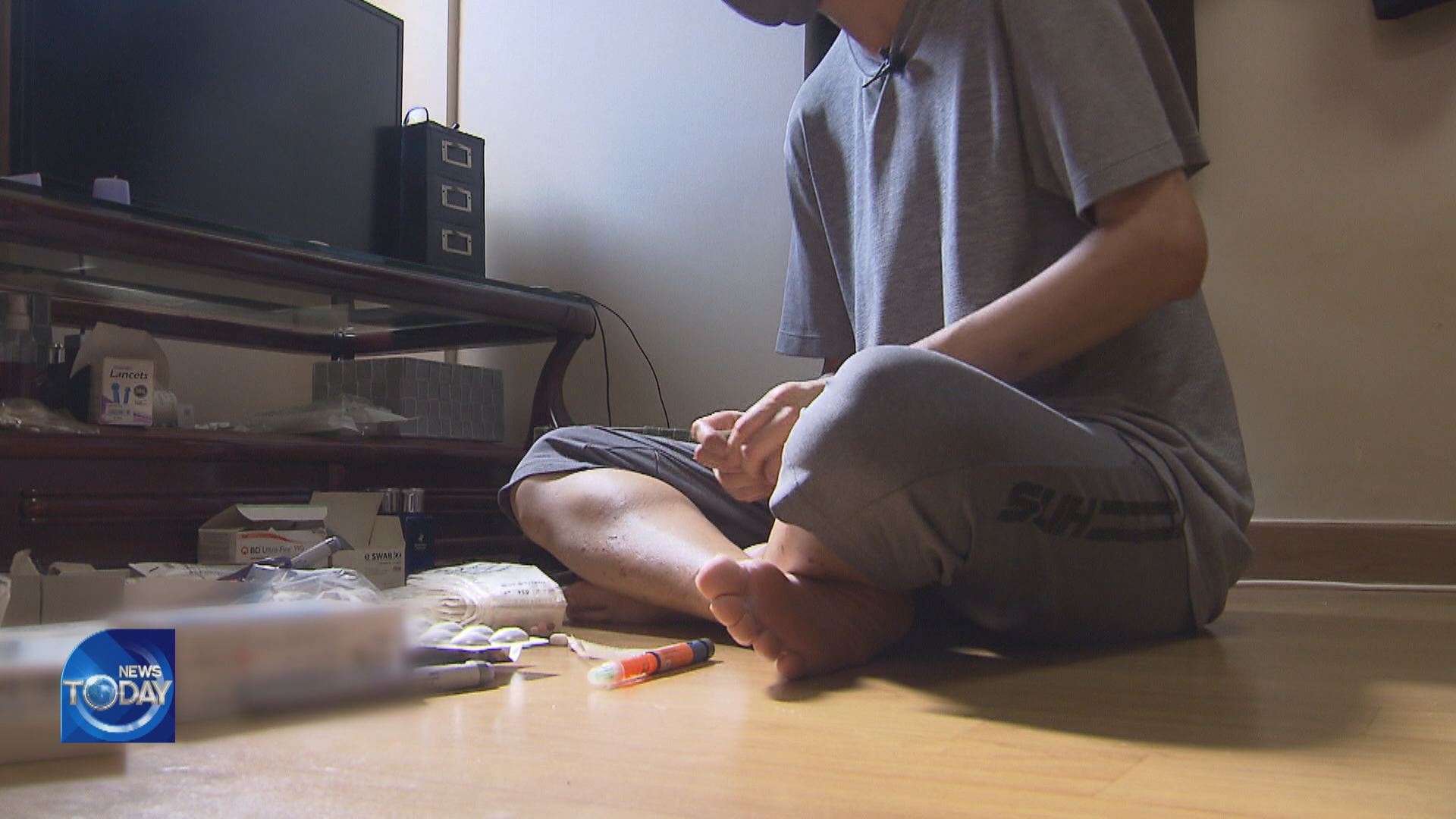
[Anchor Lead]
Low-income households are probably the first to feel the impact of rising prices. With food prices soaring lately, they are struggling to find affordable groceries.
[Pkg]
This man is a recipient of basic livelihood subsidies. Buying groceries is burdensome lately because of surging food prices. He tries to make it through a week with only three packs of nearly-expired milk and ham.
[Soundbite] (Recipient of basic livelihood subsidy) : "Eggs are also expensive these days. Milk is the most affordable item for me, so I replace my meals with it."
Having diabetes and a rare cerebral vascular disease, this young man needs well-balanced nutrition. But he has to spend more than half of the subsidies he receives on medications. There is little left to buy food. On this day, his meal consisted mostly of carbohydrates, which are harmful for people with diabetes.
[Soundbite] "I mix white rice with margarine and instant black bean sauce."
This single mom of two earns just over a million won a month. During school breaks, her children eat more at home, but all she can offer them as a side dish is kimchi and some pickled vegetables.
[Soundbite] (Recipient of basic livelihood subsidy) : "My son keeps asking me why we don’t have meat at home. Pork belly costs 18,000 won per 600 grams. I can’t afford it, so I buy thinly sliced pork belly, but I use it sparingly."
With inflation rate hovering above six percent for two straight months, prices of fresh produce rose 13 percent in July. To buy nutritious food, those who struggle financially have to spend their entire income on groceries. Last year 9.8 percent of low-income earners were poorly nourished, that's eight times higher than high-income earners. The percentage of people with below average nutrition status rose more than 8 percentage points, and the nutrition gap keeps widening.
[Soundbite] Han Jeon-bok(Child Fund Korea) : "With their budget per meal limited, they cannot buy healthy food. The right to health of low-income earners can be guaranteed in the era of high inflation only by raising the level of public social expenditures."
Support is needed more than ever to those who have no choice but to give up on healthy eating because of the soaring prices.
Low-income households are probably the first to feel the impact of rising prices. With food prices soaring lately, they are struggling to find affordable groceries.
[Pkg]
This man is a recipient of basic livelihood subsidies. Buying groceries is burdensome lately because of surging food prices. He tries to make it through a week with only three packs of nearly-expired milk and ham.
[Soundbite] (Recipient of basic livelihood subsidy) : "Eggs are also expensive these days. Milk is the most affordable item for me, so I replace my meals with it."
Having diabetes and a rare cerebral vascular disease, this young man needs well-balanced nutrition. But he has to spend more than half of the subsidies he receives on medications. There is little left to buy food. On this day, his meal consisted mostly of carbohydrates, which are harmful for people with diabetes.
[Soundbite] "I mix white rice with margarine and instant black bean sauce."
This single mom of two earns just over a million won a month. During school breaks, her children eat more at home, but all she can offer them as a side dish is kimchi and some pickled vegetables.
[Soundbite] (Recipient of basic livelihood subsidy) : "My son keeps asking me why we don’t have meat at home. Pork belly costs 18,000 won per 600 grams. I can’t afford it, so I buy thinly sliced pork belly, but I use it sparingly."
With inflation rate hovering above six percent for two straight months, prices of fresh produce rose 13 percent in July. To buy nutritious food, those who struggle financially have to spend their entire income on groceries. Last year 9.8 percent of low-income earners were poorly nourished, that's eight times higher than high-income earners. The percentage of people with below average nutrition status rose more than 8 percentage points, and the nutrition gap keeps widening.
[Soundbite] Han Jeon-bok(Child Fund Korea) : "With their budget per meal limited, they cannot buy healthy food. The right to health of low-income earners can be guaranteed in the era of high inflation only by raising the level of public social expenditures."
Support is needed more than ever to those who have no choice but to give up on healthy eating because of the soaring prices.
이 기사가 좋으셨다면
-
좋아요
0
-
응원해요
0
-
후속 원해요
0










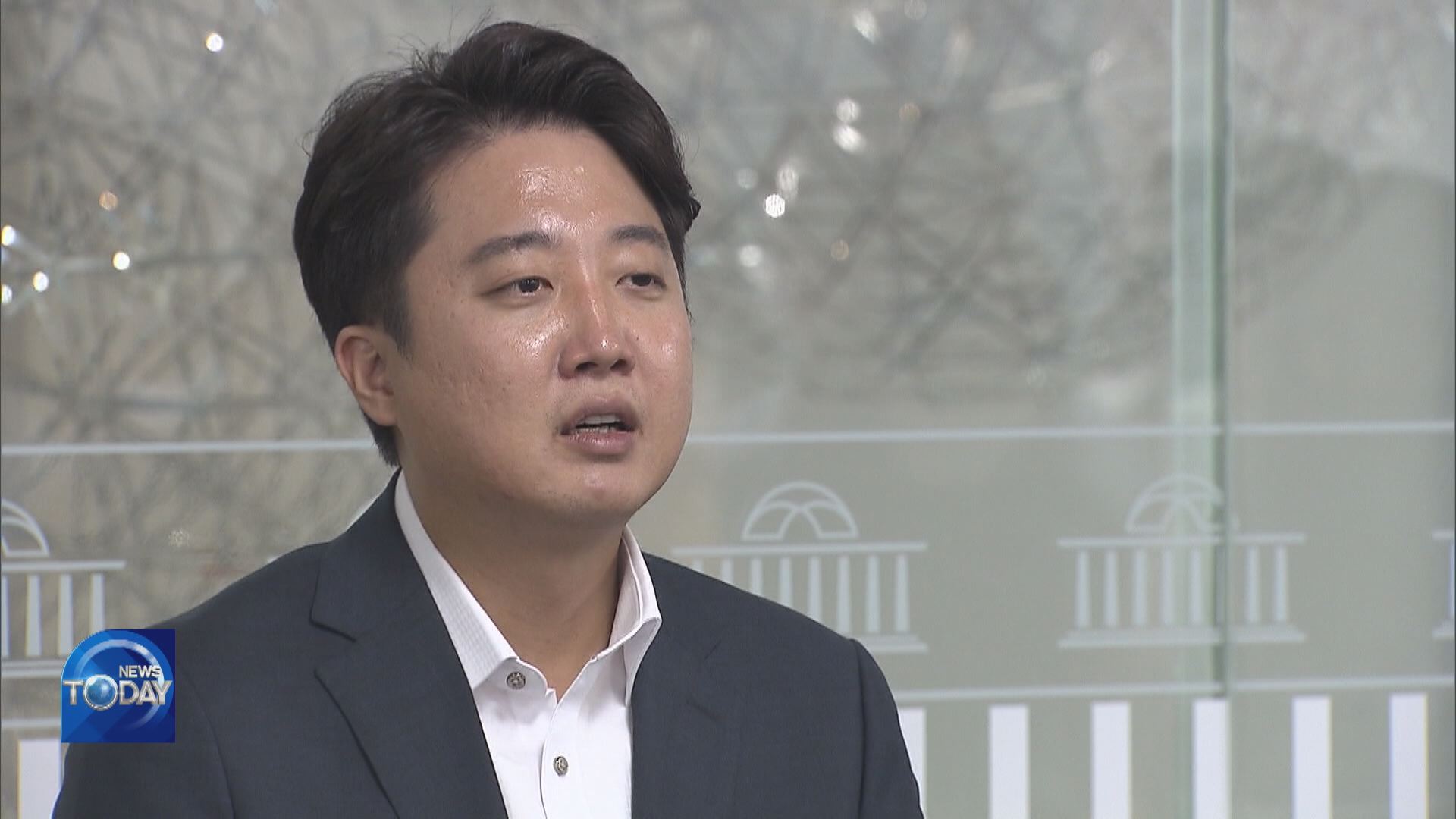
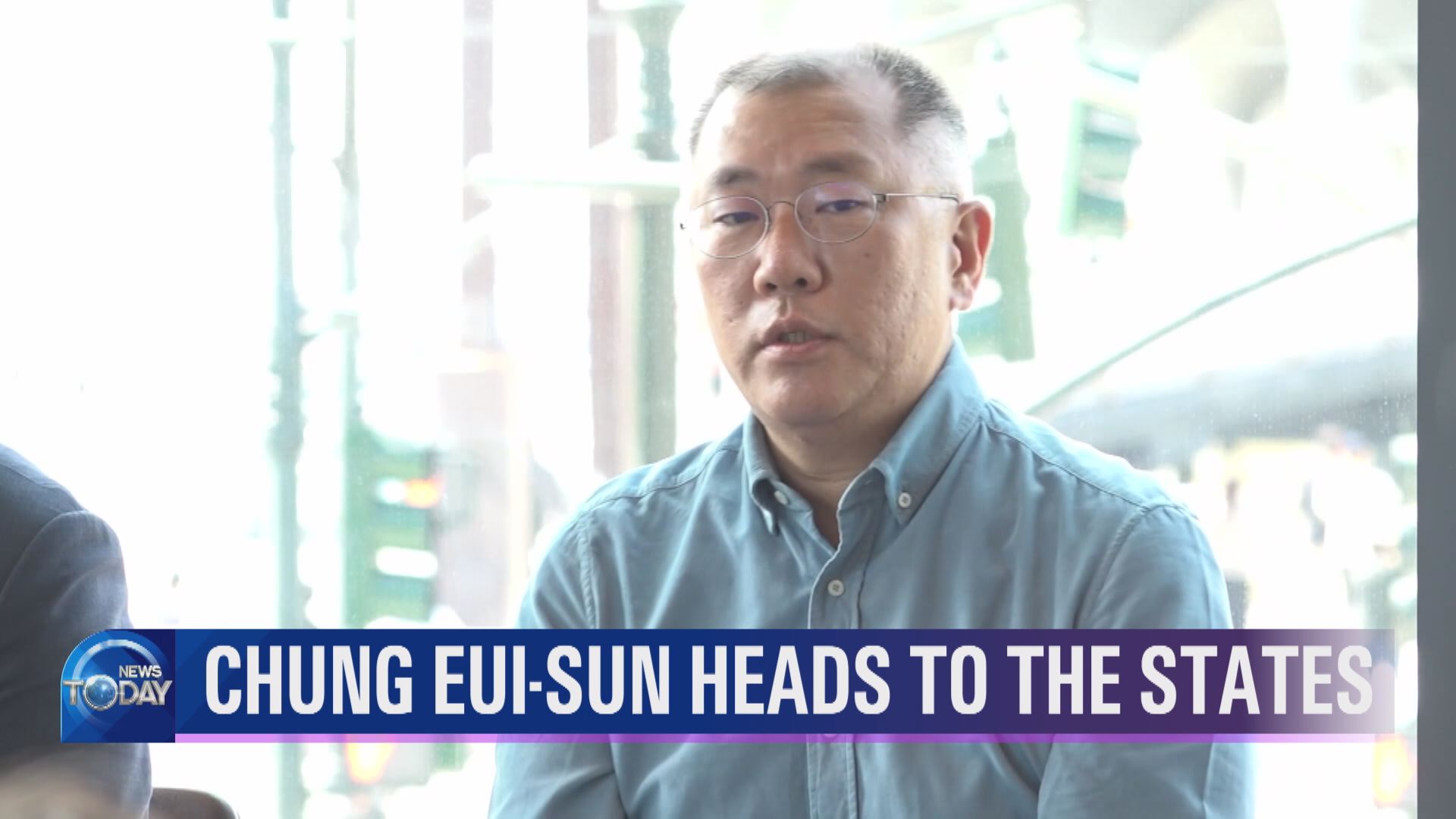

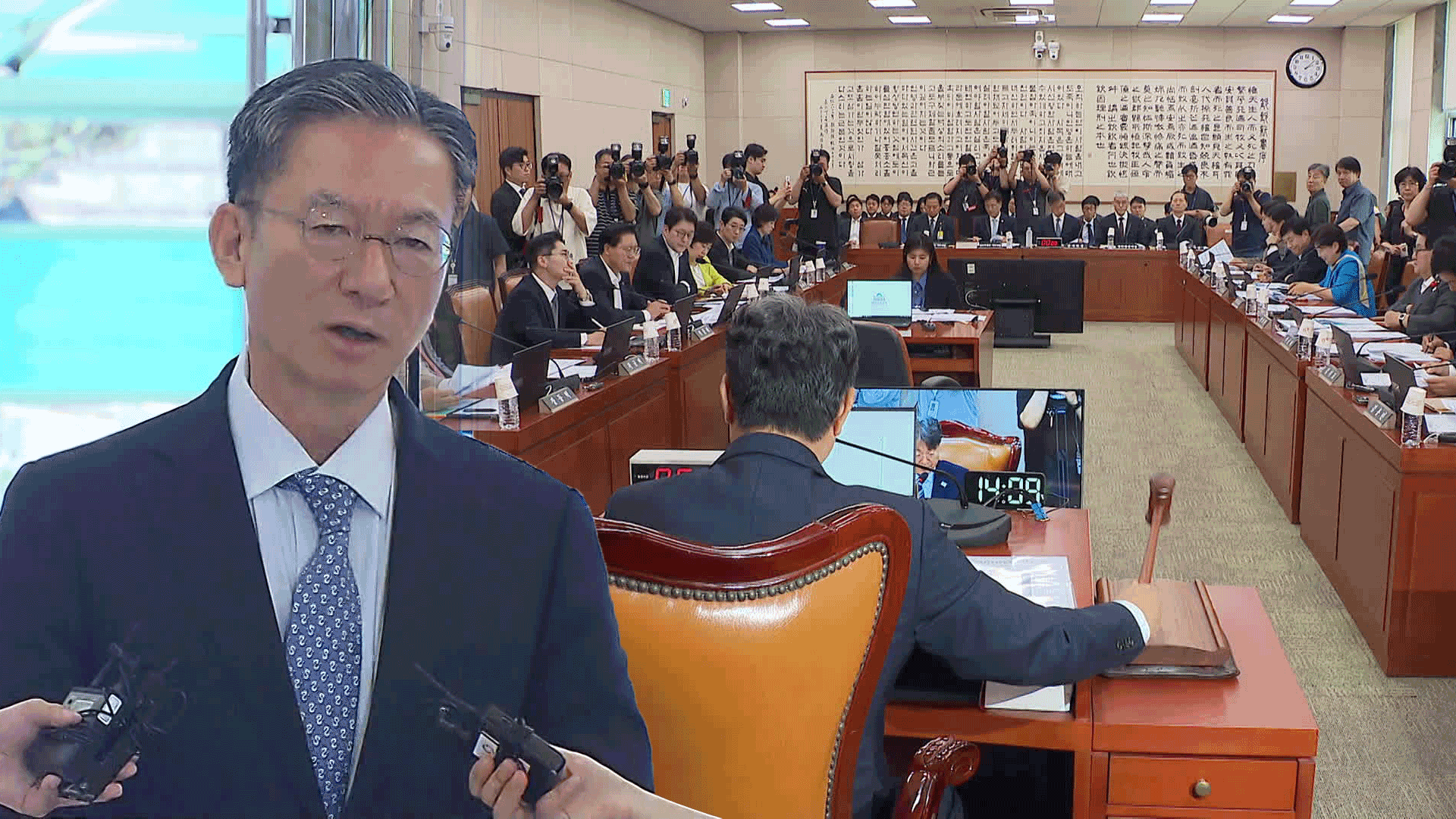
![[단독] 골프연습장 아니라더니<br>…‘한남동 골프연습장’ 도면 입수](/data/news/2025/07/01/20250701_Uh8Jnu.png)
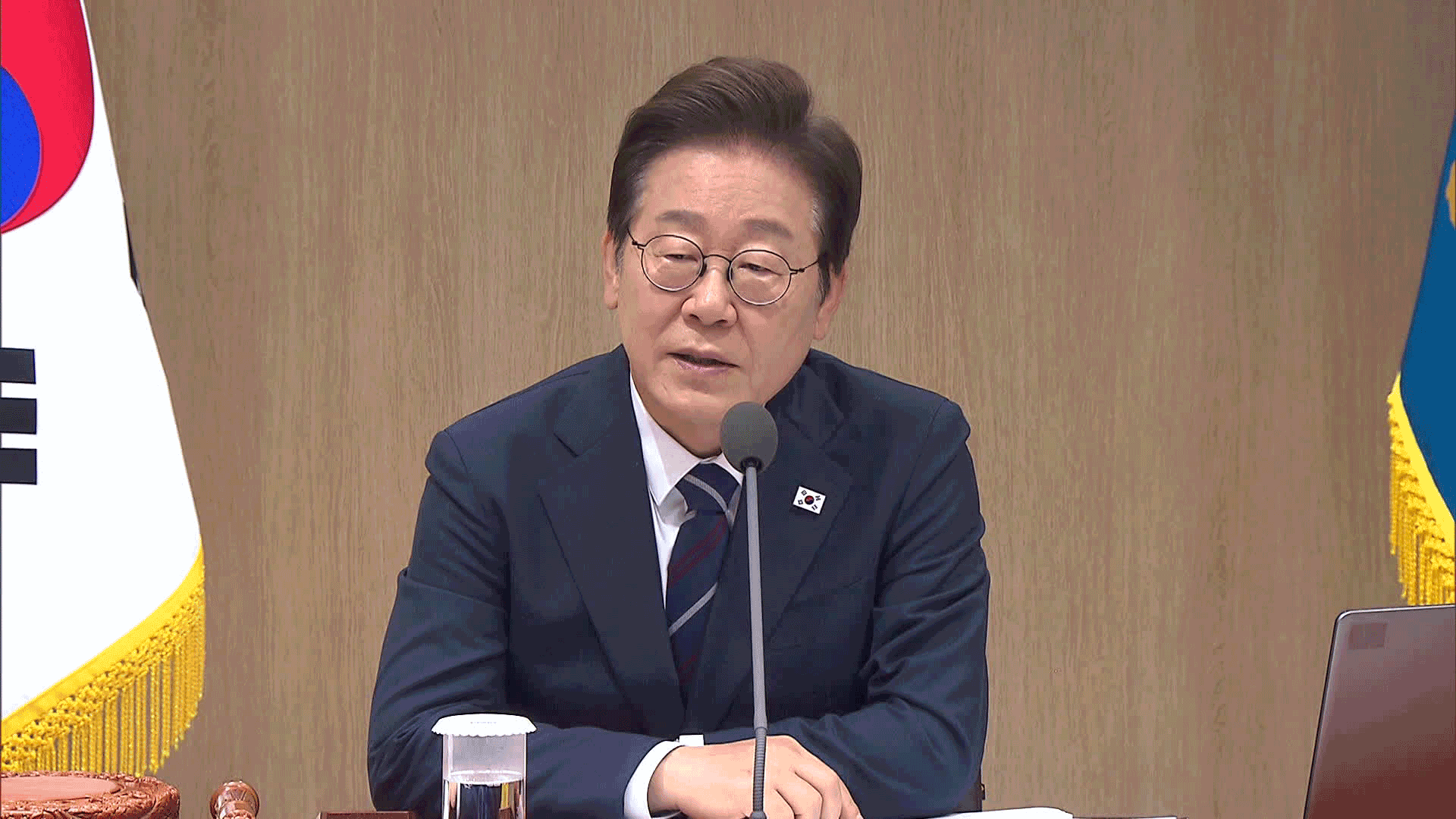

이 기사에 대한 의견을 남겨주세요.